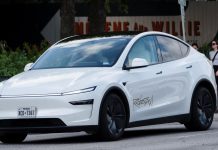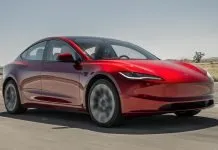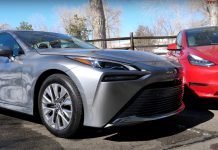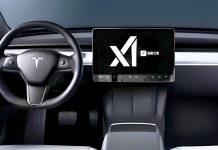Electric vehicles (EVs) have been advertised as the clean alternative to gas-powered cars, and they are. Growing research, including a recent study by the International Council on Clean Transportation (ICCT), strongly supports this claim: the lifecycle greenhouse gas emissions of battery-electric vehicles are substantially lower compared to internal combustion engine (ICE) vehicles.
However, this is not yet the case for hydrogen-powered fuel-cell electric vehicles (FCEVs), which remain unreliable at the moment. We’ve covered this in more detail in our article on Battery Electric vs. Hydrogen Fuel Cars – check it out to learn more.
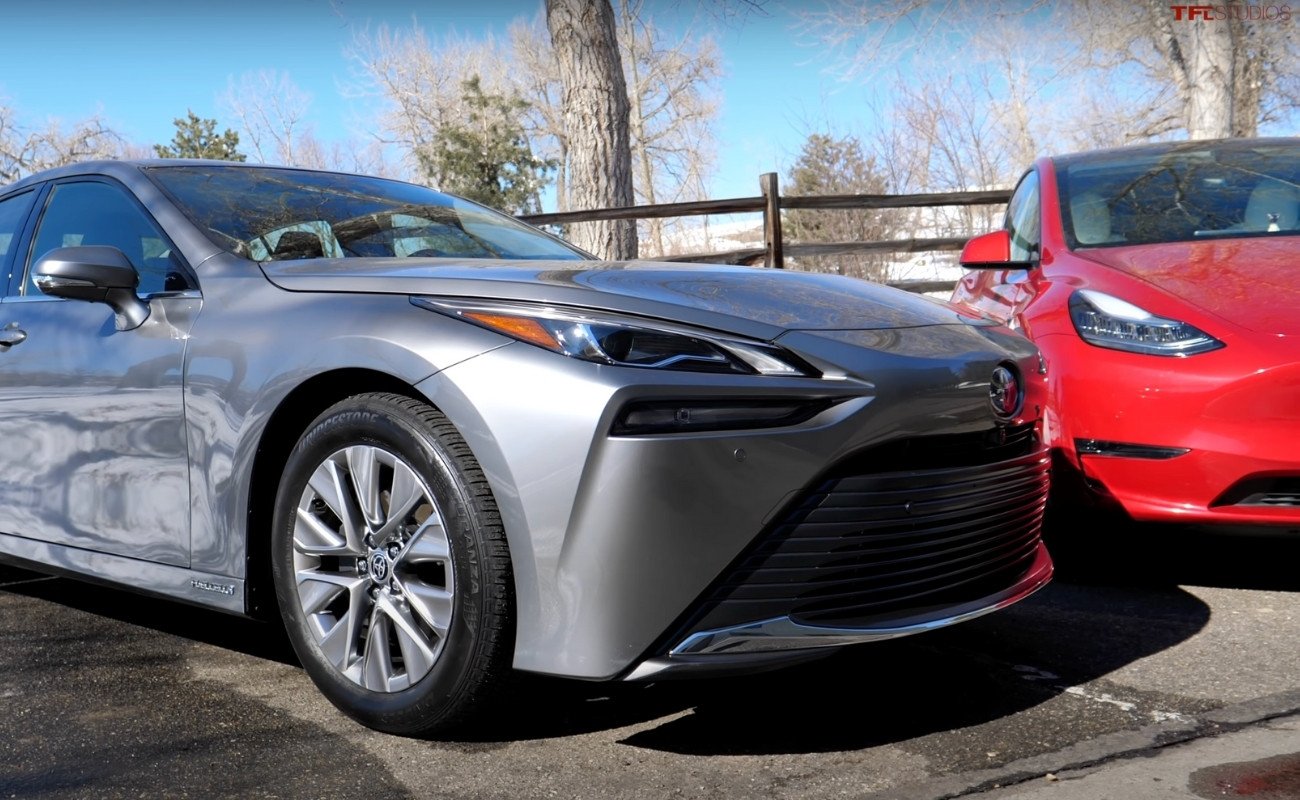
The Promise vs the Truths of Hydrogen Automobiles
On the surface, hydrogen-powered vehicles seem like a win for clean transportation. They run on electric motors, emit only water vapor while operating, and offer faster refueling times compared to other EVs. However, their overall lifecycle emissions—including vehicle production, fuel production, consumption, and disposal—tell a different story.
According to the International Council on Clean Transportation (ICCT), a hydrogen fuel-cell car sold in Europe in 2025 is expected to emit around 175 grams of CO2 per kilometer. That’s approximately 26% less than a typical gasoline or diesel car. However, it’s still significantly higher than battery-electric vehicles, which are projected to emit just 63 grams of CO2 per kilometer, 73% less than conventional cars.
Given these numbers, it’s fair to say that hydrogen vehicles currently sit closer to conventional hybrids and plug-in hybrids than to fully electric vehicles in terms of emissions. BMW’s CEO has even stated that an EV-only strategy may lead to a dead end, with the company planning to release a hydrogen-powered car by 2028.
The Dirty Hidden Truth of Hydrogen Manufacture
Production of hydrogen remains intensive on fossil fuels. The production of about 90% of hydrogen in the world occurs via the steam methane reforming, which removes hydrogen gas from natural gas and generates a lot of byproducts in the form of CO2.
These modern and cleaner options include what is known as green hydrogen, which involves the production of renewable electricity to break up the water molecules during electrolysis. This technique, however, currently accounts for less than 0.4% of the world’s hydrogen production. In the U.S, there is a report from the Department of Energy that even up to now, 95% of the hydrogen is produced with the help of natural gas.
This implies that despite the fact that hydrogen cars do not bring about any tailpipe emissions, upstream emissions involved in the production of their fuel may be enormous- a deal breaker to the environmental argument in support of FCEVs.
EVs: Cleaner Already, and Cleaner in the Future
The EVs are not flawless, though. The production of batteries generates a significant amount of emissions, and most areas have yet to shift toward using renewable energy sources as a source of power. However, usually even at a coal-intensive electricity grid, EVs are still better in emissions than ICE vehicles. As the power sector has an electricity mix with more solar, wind, and nuclear energy, EVs are going to become greener.
This is put into perspective in a study conducted by the Union of Concerned Scientists. When operated in upstate New York, where hydropower and nuclear power drive most of the power, operating an EV yields the same amount of emissions as a gasoline car that returns an outlandish 354 mpg. As even in a dirtier grid like Texas, the emissions of the EVs will perform comparably to those of an 83-mpg car. In America, 97% of citizens reside in EV regions that are more efficient than the most eco-friendly gas-powered car on the market.
The Future of Hydrogen
Nevertheless, it seems that the hydrogen technology is not a dead end. Even today, FCEVs would provide some attractive benefits, particularly in such areas as long-haul trucking, in which fast recharging and long range are paramount. Toyota, Hyundai, Honda, and BMW are among automakers who are still putting their money on hydrogen, hoping to see cleaner production of hydrogen and a good network one day.
However, at least when it comes to passenger cars, the future of hydrogen completely relies on larger production of green hydrogen and refinement of the supply chain. At least, EVs can be called the cleaner and more viable option in terms of transportation emissions reduction in between.



